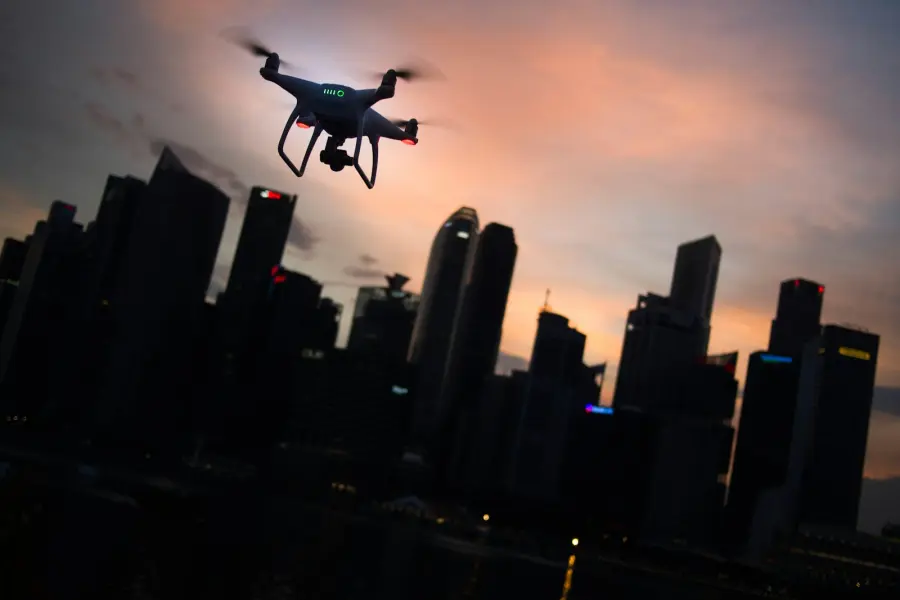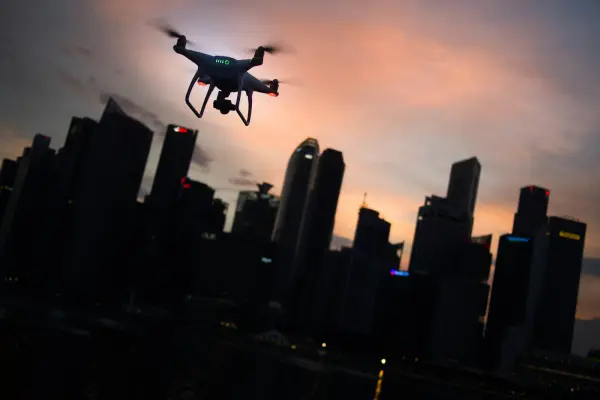On June 1, 2025, Ukraine’s Security Service (SBU) launched Operation Spider Web, a highly coordinated drone assault aimed at five major Russian airbases: Belaya, Dyagilevo, Ivanovo, Olenya, and Ukrainka. The attack involved over 100 FPV (First-Person View) drones, which were covertly smuggled into Russian territory before simultaneously launching towards their strategic targets.
Official reports indicate that 41 Russian military aircraft—including Tu-95 and Tu-22M3 bombers as well as A-50 AWACS reconnaissance planes—were either completely destroyed or severely damaged. The SBU estimates the total losses at approximately 108 trillion Indonesian rupiah (around US$7 billion), impacting roughly 34 percent of Russia’s strategic bomber fleet.
This operation was the result of more than 18 months of intensive planning and was reportedly overseen directly by President Volodymyr Zelenskyy. To maintain operational secrecy, the drones were concealed inside wooden storage units transported by trucks, with the drivers unaware of their cargo. Upon reaching predetermined locations near the target bases, the storage units’ roofs were remotely opened, allowing a swift and synchronized drone launch. This approach effectively circumvented Russian air defense systems, preventing many fighters from being secured in time.
The most significant damage occurred at the Belaya airbase in Siberia, approximately 4,000 kilometers from the conflict frontline. Meanwhile, the Dyagilevo, Ivanovo, Olenya, and Ukrainka bases experienced large-scale fires and substantial infrastructure damage, causing operational disruptions and panic among military personnel.
President Zelenskyy hailed the operation as a strategic milestone that shifted the conflict’s dynamics. He emphasized that the successful use of drones provided a boost to Ukrainian morale and demonstrated their capacity to strike high-value targets deep within enemy territory.
The Russian government strongly condemned the attack, labeling it a "terrorist act" and declaring a state of emergency at the affected bases. The Russian Ministry of Defense claimed to have shot down some of the drones, but these assertions have been met with skepticism. Satellite imagery and independent analyses reveal extensive damage to hangars and aircraft, corroborating Ukraine’s claims.
International observers suggest that this attack could complicate diplomatic efforts, particularly ahead of peace talks scheduled in Istanbul just one day later. Operation Spider Web highlights Ukraine's adeptness at leveraging modern military technologies and underscores the importance of tactical innovation on the battlefield.
The strike has also prompted Russia to reassess its air defense strategies and management of its strategic bomber fleet. Some analysts see this move as Ukraine’s attempt to strengthen its negotiating position, demonstrating that it retains offensive capabilities despite operational constraints.
Sources
- https://en.wikipedia.org/wiki/Operation_Spider%27s_Web
- https://apnews.com/article/what-to-know-ukraine-drone-attack-russia-bombers-2d01b23341e2289882760b9f121431d4
- https://timesofindia.indiatimes.com/world/europe/not-one-not-two-but-117-drones-ukraine-strikes-russian-airfileds-in-massive-operation-spiders-web/photostory/121563548.cms
- https://nypost.com/2025/06/02/world-news/how-ukraine-pulled-off-its-stunning-pearl-harbor-attack-against-russia







